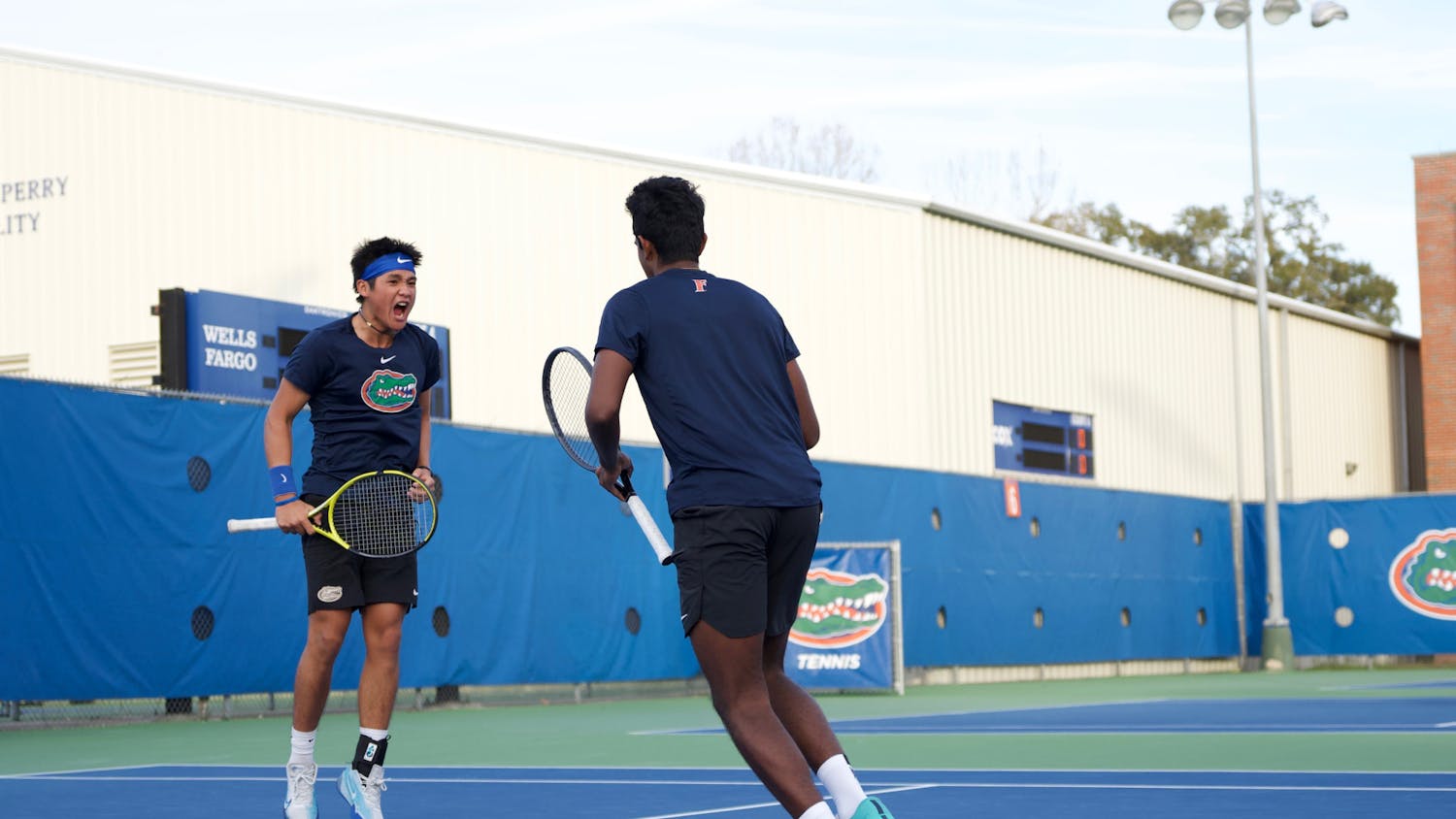For the last week, the scandal that plagued Gawker.com has remained silent, its front page littered with parting words from editors and writers alike. Their headlines include, “How Guilty Should I Feel?” “Gawker Was Murdered by Gaslight,” and “What Was Gawker?” These final articles read like obituaries, mourning the impending shutdown of a site that, according to Gawker.com writer Hamilton Nolan, was, “anarchist journalism at it’s finest.”
Anarchist, indeed. A past Alligator opinions editor first introduced me to Gawker.com, and I was instantly drawn to its rebellious and profane take-no-prisoners approach to online journalism. No one would ever mistake Gawker.com for The New York Times, The Guardian or its other more pedigreed cousins, as the gossip-news site lacked the well-groomed air of those esteemed publications. Gawker.com shirked traditional journalism’s high standards and conservative ethics, often resulting in morally questionable stories. It also had way more “f----” sprinkled into its headlines.
The divisive site’s downfall began in 2007, when it claimed Silicon Valley billionaire and PayPal co-founder Peter Thiel was gay. It then sped up in 2012 following Gawker.com’s release of WWE star and fellow Pinellas County, Florida, resident Hulk Hogan’s sex tape. Thiel silently financed Hogan’s legal battle, resulting in a jury award of $140 million against Gawker Media, and consequently its founder, Nick Denton. Both Denton and Gawker Media filed for bankruptcy, and thus ushered in the latter’s auction off to Spanish broadcast company Univision for $135 million. Shortly after winning the bankruptcy auction, Univision announced that while Gawker.com’s sister sites Jezebel, Deadspin, Gizmodo, Lifehacker, Jalopnik and Kotaku would live on, Gawker.com itself would be shut down.
Thiel’s battle against Gawker.com has spawned countless numbers of think pieces and arguments about new media, the First Amendment, privacy rights and how they interact in a world more connected than ever before. In his guest opinions piece published by The New York Times, Thiel painted Gawker.com as a reckless coalition motivated by, “cruelty and recklessness,” constantly violating privacy rights. Gawker.com branded Thiel as a malicious, revenge-seeking billionaire infringing on First Amendment rights.
Gawker.com undoubtedly exercised questionable ethics in its journalistic approach. Taking its tagline, “Today’s gossip is tomorrow’s news,” to heart, the site’s stories often took on the tone of an outsider looking in, giving us the harsh reality that the insiders often smoothed over. As a result, Gawker.com courted controversy and bad choices with astounding frequency, including its 2015 story outing a New York magazine executive who allegedly offered to hire a male escort on a trip to Chicago. But these missteps were juxtaposed with harsh but necessary insights into the stories other journalistic sources deemed too controversial to address, such as Bill Cosby’s public history of sexual assault.
And then there was Thiel’s role. Is he a billionaire crusader, taking on the reckless gossip site that trampled on countless public figures’ privacy rights? Or, is he a Silicon Valley plutocrat, hell-bent on destroying the entity that hurt his feelings? Despite the internet’s contention that he must be one or the other, I have yet to be convinced it’s that black and white.
What I am sure of is that I’ll miss Gawker.com and its crass, harsh and offensive voice. I’ll miss editorials detailing the widespread abuse of university adjunct professors and articles detailing the logistics behind Trump’s ridiculous hairpiece sitting side by side on the same webpage. In Nolan’s final post on Gawker.com, he pointed out, “Most journalism jobs exist on a continuum between audience and freedom,” where you either get to say what you want or have people read it, but not both. Gawker.com proved to be the exception, and whether that was to its benefit or detriment is for you to decide.
Marisa Papenfuss is a UF English senior. Her column appears on Tuesdays.





